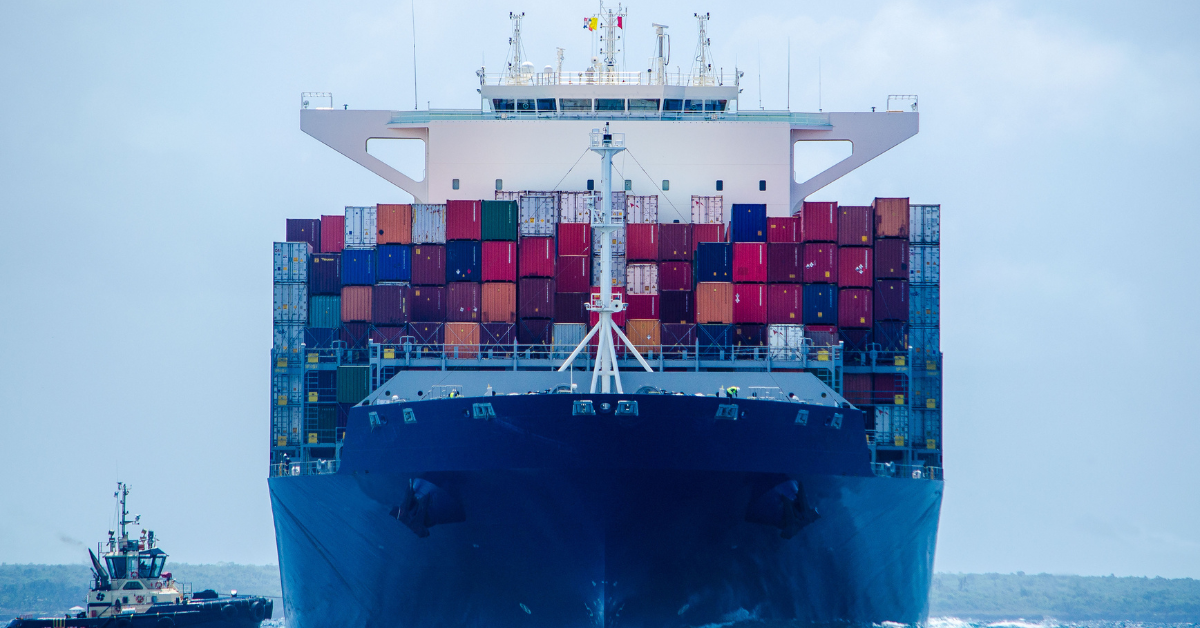News

OSRA 2022 Now in Effect
July 5, 2022 •Zuleika Medina

The Ocean Shipping Reform Act of 2022 (OSRA 2022) went into effect on June 16, 2022, and it is the first significant update to US shipping laws in over 20 years. The legislation addresses concerns from American importers, exporters, port operators and other industry parties about the sharp increase in shipping costs, excessive detention and demurrage charges, and unfair business practices.
OSRA 2022 enhances the authority of the Federal Maritime Commission (FMC) to promote the growth and development of US exports through an ocean transportation system that is competitive, efficient, and economical. For example, the law requires the FMC to (1) investigate complaints about detention and demurrage charges (i.e., late fees) charged by common ocean carriers, (2) determine whether those charges are reasonable, and (3) order refunds for unreasonable charges.
OSRA 2022 also prohibits common ocean carriers, marine terminal operators, or ocean transportation intermediaries from unreasonably refusing cargo space when available or resorting to other unfair or unjustly discriminatory methods because they have patronized another carrier or filed a complaint with the FMC.
There are several provisions regarding detention and demurrage charges:
- Requires ocean carriers or marine terminal operators to certify that detention and demurrage charges comply with federal regulations, or they will face penalties.
- Requires all invoices to include detailed information each time a common carrier imposes D&D fees, including, but not limited to, (1) the applicable D&D rule on which the daily rate is based; (2) the applicable rate or rates per the applicable rule; (3) the total amount due; (4) the contact information for questions or requests for mitigation of fees; and (5) a statement that the common carrier’s performance did not cause or contribute to the underlying invoiced charges. OSRA provides that if the carrier fails to include the required information in each invoice, the obligation to pay D&D charges is nullified.
- Shifts the burden of proof regarding the reasonableness of detention and demurrage charges from the invoiced party to the ocean carrier that issues the charge.
- Allows the FMC to order refunds and civil penalties for noncompliant charges.
- On an annual basis the FMC will publish all findings of false detention and demurrage invoice information by common carriers and penalties imposed against the same.
Here are some additional provisions from the law:
- The creation of shipping exchange registries that would allow for private shipping exchanges to operate in the US under FMC regulation. The exchanges would provide certain services to ocean carriers and shippers, including the mediation of contract disputes.
- FMC will publish a quarterly report describing the total import and export tonnage and the total loaded and empty 20-foot equivalent units per vessel (making port in the US, including any territory or possession of the US) operated by each ocean common carrier.
- The DOT is required to hold a meeting within 90 days on identifying land where cargo containers could be stored or transferred to avoid congestion at port.
- A webpage will be established to allow for submission of comments, complaints, concerns, reports of noncompliance, requests for investigation, and requests for alternative dispute resolution.
- The Office of Consumer Affairs and Dispute Resolution Services will be created.
- Each port, marine terminal operator, and chassis owner or provider with a fleet of over 50 chassis that supply chassis for a fee shall submit street dwell time and the average out of service percentage.
Per the FMC’s Industry Advisory on June 24, 2022, certain provisions of the statute became effective immediately upon enactment with no allowance for phase-in period. Regulated entities must comply with all relevant statutory requirements.
Featured Articles
Categories
- ATA Carnet (1)
- Business Insurance (9)
- Canada (1)
- Cargo Insurance (14)
- Claims Corner (9)
- Combined Transit Liability (3)
- Compliance (3)
- Contingent Auto Liability (1)
- Contingent Motor Truck Cargo (1)
- COVID-19 (3)
- Customs Bonds (14)
- Cyber Security (10)
- D&O Insurance (3)
- EPLI (3)
- Events (10)
- General Average (6)
- Industry Insights (23)
- Press Release/Company News (11)
- Special Quest (8)
- TIA (2)
- Trade (21)
- Trade Credit Insurance (2)
- Truck Broker Liability (1)
- WESCCON (3)
The Quest Newsletter is designed to provide critical information in the transportation industry. Avalon Risk Management is not responsible for the accuracy or reliability of information contained in articles. The reader/user assumes all risk in the use of such information.



